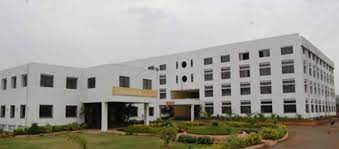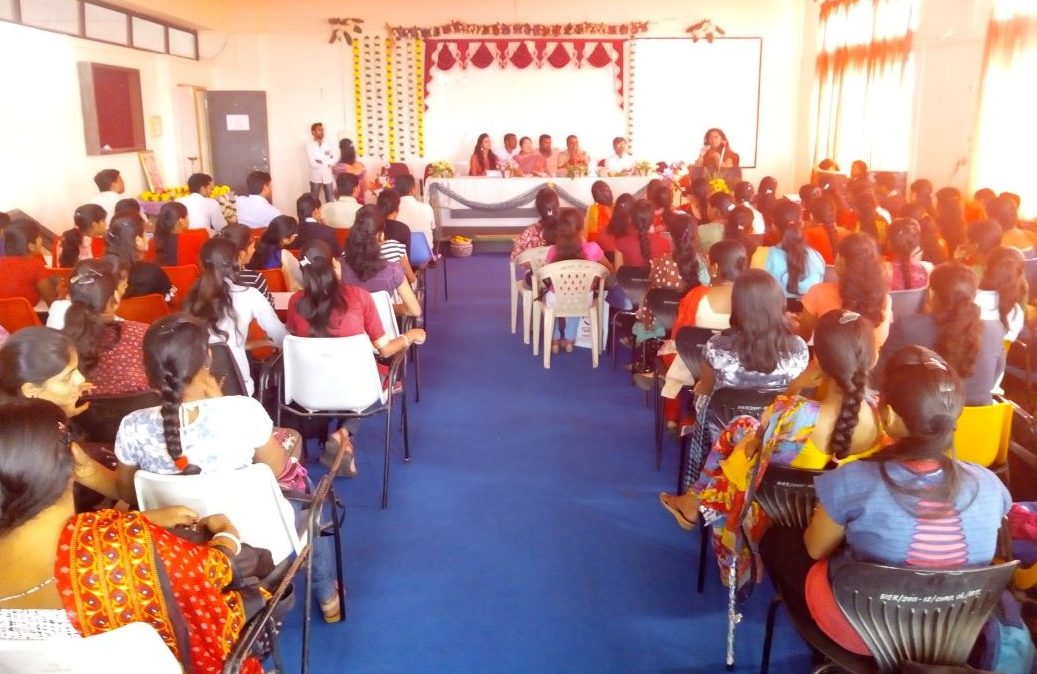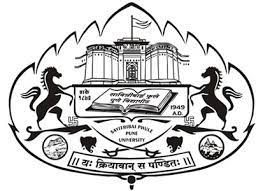
Welcome to the Department of Computer Engineering at A.V.E.S’s Shatabdi Institute of Engineering and Research, Agaskhind, Sinnar, Nashik. The Department was established in the year 2009 with the intake of 27 students.
The Department has equipped with a total 6 laboratories and state-of -the-art software and hardware resources and well experienced teaching faculty members and supportive staff.
The Department offers 4 years bachelor degree in Computer Engineering with various activities and events such as seminars, workshops, lecture programs, programming, quiz and project competition to enhance and boost the skill of students. The Program is approved by AICTE and is affiliated to MSBTE.
The teaching and learning process emphasizes quality on theoretical and practical aspects catering to the needs of industry with rapidly evolving technology.
The Department has always produced quality professionals, holding important positions in IT research and industry in India .It also strives to provide innovative and quality education with high standard ,so that academic excellence can be achieved and in the aim to create a better platform for students to grab their career goals.
I wish all the best and success ahead for the undergraduate program of Computer Engineering.
Producing quality graduates trained in the latest tools and technologies and striving to make India a world leader in software and hardware products and services. To achieve academic excellence in Computer Engineering by imparting indepth knowledge to the students, facilitating research activities and cater to the ever changing industrial demands and societal needs. To contribute to the society through excellence in scientific and knowledge-based education utilizing the potential of computer science and engineering with a deep passion for wisdom, culture and values.
1. To provide quality engineering education to the students through state of art education in Computer Engineering.
2. To provide a learning environment that helps students to enhance problem solving skills, be successful in their professional lives and to prepare students to be lifelong earners by offering a solid theoretical foundation in computing along with applied computing experiences and educating them about their professional, and ethical responsibilities.
3. To establish Industry Institute Interaction to make students ready for the industrial environment.
4. To provide exposure to students to the latest tools and technologies in the area of computer hardware and software.
5. To promote research based projects/activities in the emerging areas of technology convergence.
6. To promote all-round growth of an individual
by creating futuristic environment that fosters critical thinking, dynamism and innovation to transform them into globally competitive professionals.
7.To develop human potential to its fullest extent so that intellectually capable and optimistic leaders can emerge in a range of professional.
PEO-1:
To develop the ability among students to understand the concept of core computer subjects that will facilitate understanding of new technology.
PEO-2:
To be employed as engineering technician in fields such as software/hardware, development, testing, deployment, operation and service system.
PEO-3:
To encourage computer engineering diploma student for higher level technical education so that their knowledge will be beneficial for the society.
PO1 – Basic and Discipline specific knowledge:
Apply knowledge of basic mathematics, science and engineering fundamentals and engineering specialization to solve the engineering problems.
PO2 – Problem Analysis:
Identify and analyse well-defined engineering problems using codified standard methods.
PO3 – Design/ development of solutions:
Design solutions for well-defined technical problems and assist with the design of systems components or processes to meet specified needs.
PROGRAM SPECIFIC OUTCOMES (PSOs)
PSO1:
Apply fundamental knowledge of programming (PIC), basic science and electronics engineering, computing, programming logic to identify, and define the computing systems.
PSO2:
Analyze the computer foundations, algorithmic principles, computer networking architecture, computer programming theory for the modelling, and design of computer hardware in a way that demonstrates the construction of software systems of varying complexity.
PSO3:
Be prepared to work professionally in software industries, able to achieve the higher studies and develop the modern tools and communicate the techniques, skills.
SR.NO | NAME OF STAFF | DESIGNATION | QUALIFICATION |
1 | MR.B.B. JADHAV | H.O.D. | B.E. COMPUTER |
2 | MISS M.V. WARUNGASE | LECTURER | B.E. COMPUTER |
3 | MISS.S.P.SADGIR | LECTURER | B.E. COMPUTER |
|
SR.NO |
NAME OF LAB |
|
1 |
PROGRAMMING LAB |
|
2 |
MICROPROCESSOR LAB |
|
3 |
HARDWARE LAB |
|
4 |
SOFTWARE TESTING LAB |
|
5 |
COMPUTER CENTER |
|
6 |
INTERNET LAB |

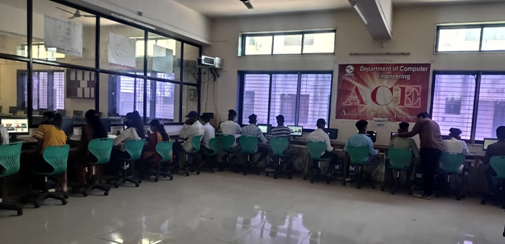
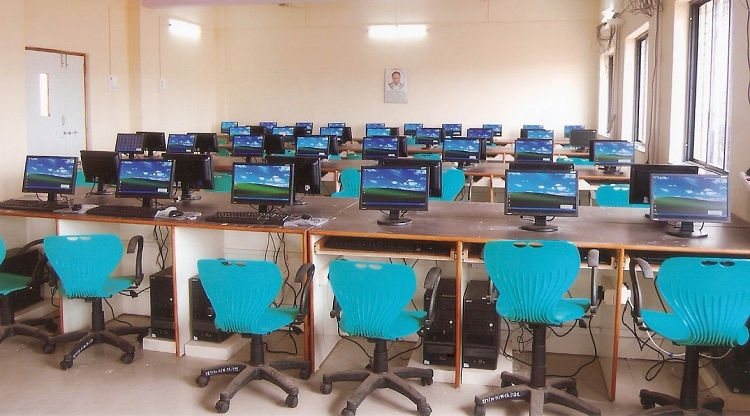
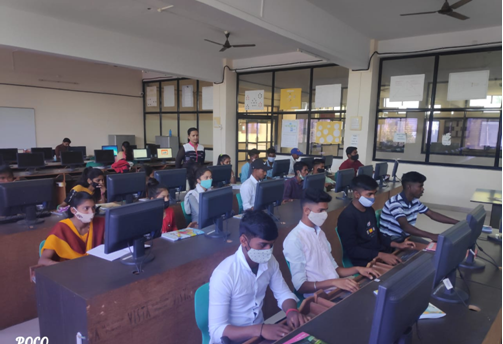
![Shatabdi Institute of Technology- [SIT], Nashik](https://sitnashik.org.in/wp-content/uploads/2022/05/cropped-logo.jpg)
